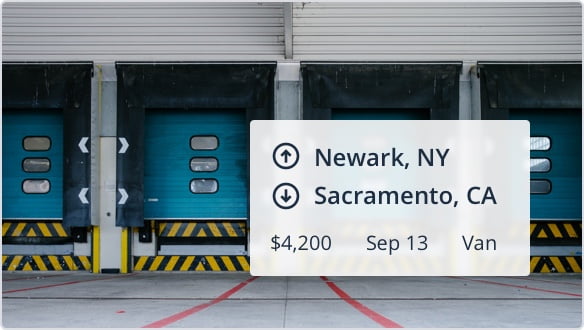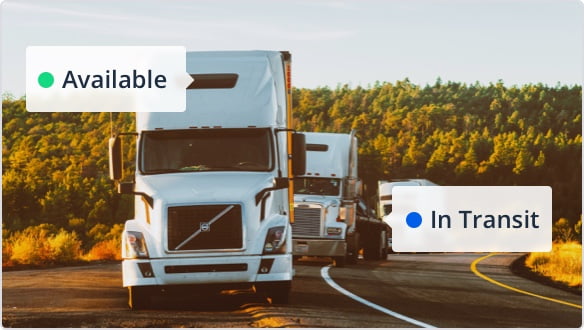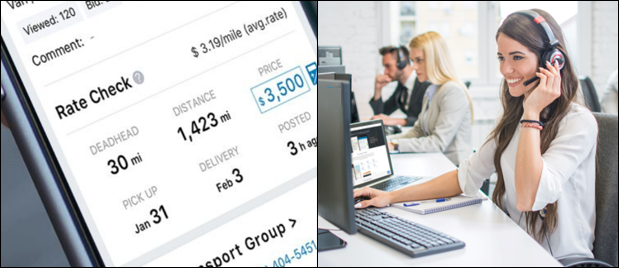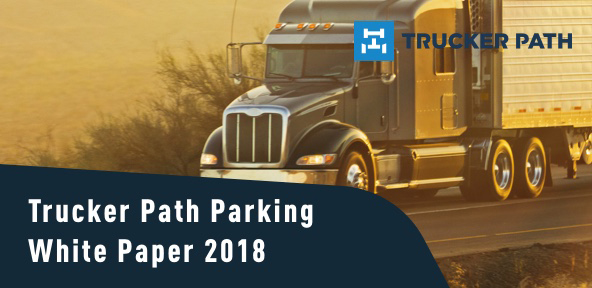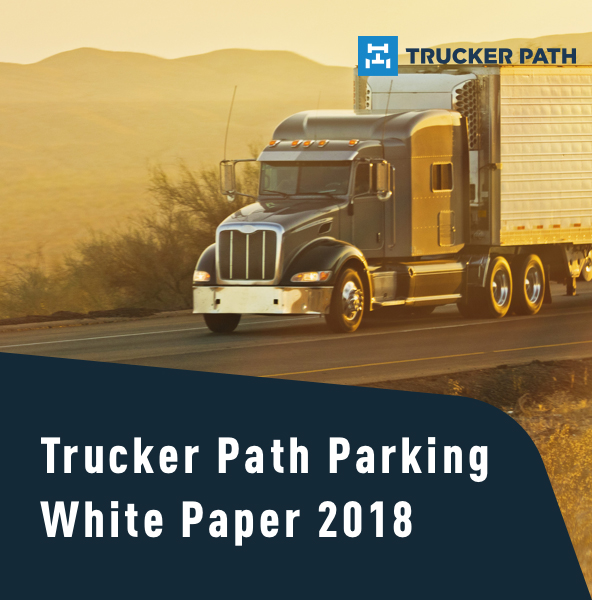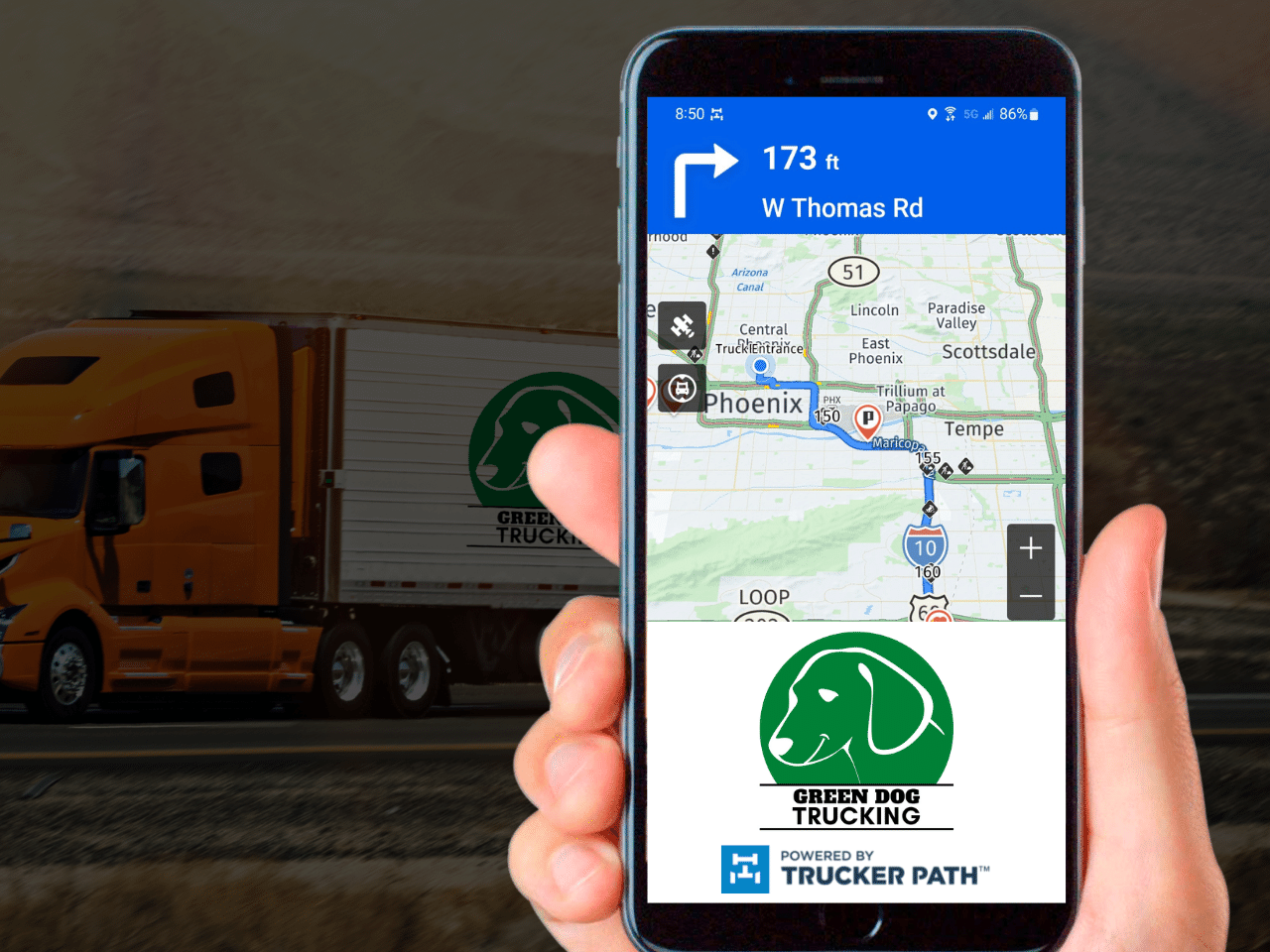The popular image of the owner-operator as a modern-day range rider, free and self-reliant, doesn’t always jibe with the idea of using a dispatch service.
It’s a fair point. Load boards enable truckers to do-it-yourself dispatch pretty easily.
There’s another side, though. Dispatch services free owner-operators to haul freight while sparing them from much of the business of trucking.
There are a lot of considerations in the dispatch service versus load board debate. The following is an objective tally of the pros and cons of a load board-only strategy versus the dispatch-service strategy. We at Trucker Path think we can toggle the debate pretty fairly as we offer both a load board and a dispatch service. So whatever side you choose—no offense.
Cost Considerations
On the surface, self-dispatching is a no-brainer. It’s primarily free to use load boards.
Dispatch services, on the other hand, charge for their services. Essentially, they charge for doing something an owner-operator can do themselves by checking the load boards, negotiating and booking freight. In working with a dispatch service, you’ll be giving up a portion of your hard-earned revenue.
These companies typically charge from 5 to 10% of the income for the load. Other dispatch services charge a flat fee per load or per week or month.
The flip side of this is that self-dispatching takes time which carries its own cost. For example, if it takes you three hours to find, negotiate and book a $3,000 load, it could cost you less to let a dispatch service do it for you. For example, if they charged a 5% fee or $150, based on the standard operational cost of trucking of $70 per hour, self-dispatching would cost you $210—$60 more!*
On top of that, popular load boards are only free up to a certain number of loads, like five per day, for example. If a carrier wants to access more than that, they often have to pony up for a subscription.
The Issue of Control
With a load board, you have complete control in booking your own freight. You say where and when you’ll run.
In contrast, a dispatch service decides which loads they bring you based on your preferred commodities and lanes. You may lose some say when it comes to the details but you can always reject the dispatch service’s load offers.
You’ll also lose control over relationships. The dispatch service is interfacing with the shipper or broker so they in effect “own” the relationship.
The trade-off is that in using a dispatch service you’ll gain more control over your schedule and how much time you spend on the road. The dispatcher handles the details of the load and manages customer care. If you want to just focus on driving, you may be happy to give up control of these chores.
Negotiating Rates
With load boards, it’s easier than ever to find freight, bid and book loads. But easier doesn’t always mean better. Consistently charging competitive rates still takes time and effort. The only way to do that is by maintaining a pulse of the market and knowing how far to push brokers.
Someone who handles negotiations for a living is always going to be better at it than someone who does it less often. It’s a matter of experience. So a dispatcher has an advantage when it comes to getting the best rate from brokers. It’s not uncommon for a dispatcher to negotiate a load with a rate per mile 20%+ more than the national average, and that can more than cover the 5 – 10% cost of using a dispatch service.
Dispatchers have the advantage of knowing going rates. They’re watching multiple load boards all day. Maintaining this breadth of vision is time-consuming for an owner-operator to achieve.
Dispatching services work for the carrier, so it is their mission to make sure the carrier is paid top dollar in rate and maximizing accessorial fees according to industry standards.
Business Development
Load boards expose carriers to shippers and loads en masse. They make it possible to find new freight and be found by shippers by being listed on the load board.
For an owner-operator to significantly grow their business, they need to take it to the next level by developing lanes and solidifying repeat loads. That takes time and effort that a small carrier may not have the stomach for.
When it comes to business development, dispatch services provide an advantage. A carrier can save time and effort by plugging into a dispatcher’s existing network. By leveraging dispatchers’ connections, carriers can quickly establish themselves in lanes and land repeat loads.
With a dispatching service, carriers also get someone to advise them on the lanes with the most opportunity and to help them navigate the ebbs and flows of the market.
The Administrative Load
If you’re running one or two trucks, a sticky-note system may work just fine—and it’s free.
That can quickly change as you add drivers and vehicles and things get more complicated. One of the last things an owner-operator wants to become is a paper jockey. Especially for small, ambitious carriers, the burden can limit growth.
A dispatch service can be worth its weight in gold when it comes to the additional services most provide. These include: assigning loads and scheduling drivers, maintaining hours of service records, managing weather delays or other issues, handling track & trace check calls, and ensuring drivers equipment and drivers remain in compliance.
Billing and Cash Flow
Any owner-operator knows cash flow is the key to success—but bill collecting is exhausting work, strains relationships with shippers and just wears on the independent soul of a trucker. With a self-dispatching strategy, you’re on your own unless you hire a bookkeeper or factoring company and then oversee them.
In contrast, dispatch services often wrangle the paperwork associated with delivering and billing for a load. This paperwork duty can include getting invoices to the shipper or a factoring company, doing collections follow-ups, and payment processing—perhaps the biggest load on carriers’ minds.
What’s best?
What’s best comes down to a business decision. The success of any owner-operator hinges on the numbers. If you opt to dispatch-it-yourself, just make sure you record how much time you’re spending and use our handy $70 per hour as a rule of thumb. You’ll know when it’s time to corral your costs, and there are plenty of dispatch services out there waiting to help.
*American Transportation Research Institute’s 2021 estimate for the operational costs of trucking is $66.87 per hour, which we increased to $70 per hour to adjust for inflation.

